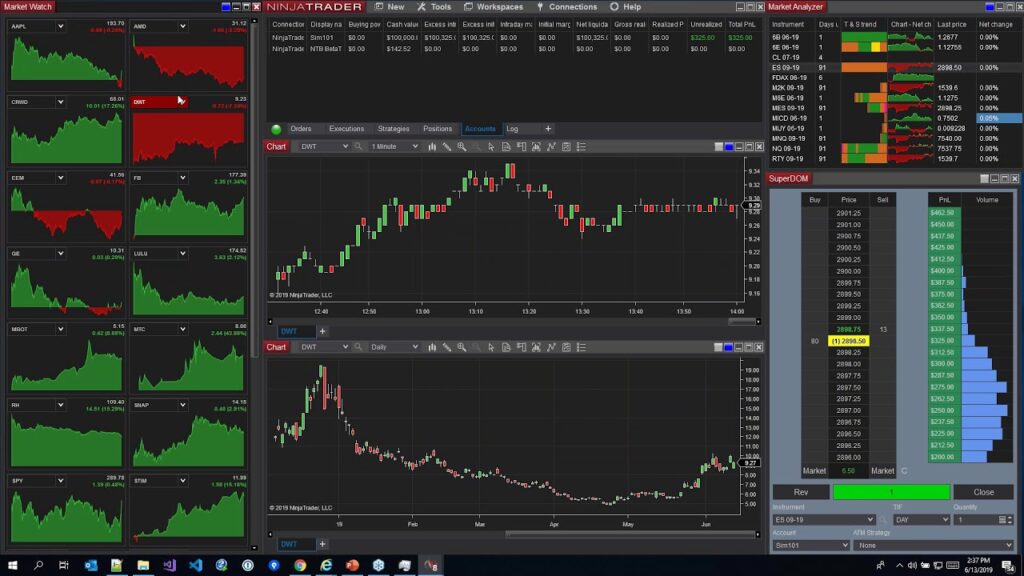
In an ever-evolving market landscape, the importance of robust regulatory frameworks for Contract for Difference (CFD) trading cannot be overstated. As traders seek to capitalize on price movements without owning the underlying asset, concerns around transparency, security, and fairness become paramount. Various regulatory bodies worldwide strive to create a protective environment for traders. In this article, we will explore the best CFD trading regulations and how they ensure safety and success for traders globally. For further information on regulations and top brokers, you can visit best cfd trading regulations https://bestbrokercfd.com/cfd-brokers/exness/.
Regulatory frameworks offer several advantages for CFD traders. These include investor protection, improved market integrity, and increased confidence in trading platforms. A regulated broker must adhere to strict guidelines, including capital requirements, compliance with anti-money laundering laws, and ethical business practices. Furthermore, regulations often necessitate that brokers segregate client funds and provide compensation schemes to protect clients in case of broker insolvency.
Several key regulatory bodies oversee CFD trading in different regions, and each has unique rules and standards. Understanding these can help traders choose a reliable broker that operates within a legal framework. Here are some of the best-known regulatory bodies:

The FCA is one of the most respected financial regulatory authorities globally. It oversees conduct across financial markets and protects consumers. Brokers regulated by the FCA must comply with strict standards, including maintaining a minimum level of capital, implementing clear risk disclosures, and adhering to fair marketing practices. Additionally, the FCA operates a compensation scheme that covers clients if a broker fails.
ASIC regulates financial services in Australia, including CFD trading. Brokers in Australia must be licensed and follow strict guidelines designed to protect investors. ASIC requires brokers to provide detailed information about risks involved in CFD trading and ensure that client funds are kept in segregated accounts.
CySEC is the financial regulatory authority in Cyprus and is well-known for being one of the primary licensing institutions for forex and CFD brokers in the European Union. CySEC adheres to MiFID (Markets in Financial Instruments Directive) regulations, ensuring a high level of protection for traders and promoting transparency in trading practices.
The FSA is gaining recognition as a regulatory body for many CFD brokers looking for a favorable licensing regime. Although considered less strict than others, brokers regulated by the FSA must comply with certain guidelines aimed at protecting investors. Traders must do their due diligence when choosing brokers regulated by the FSA, ensuring they operate under the best practices.

When selecting a CFD broker, understanding the regulatory environment is essential. Here are some factors to consider:
As CFD trading continues to grow in popularity, regulators are facing the challenge of keeping up with technological advancements and evolving market conditions. The emergence of cryptocurrencies and new trading platforms requires constant updates to existing regulations. The focus will likely shift toward more stringent measures to combat fraud and misconduct while ensuring trader protection.
In conclusion, the landscape of CFD trading regulations plays a crucial role in protecting investors and maintaining the integrity of the financial markets. By understanding the various regulatory bodies and their frameworks, traders can make informed decisions when choosing a broker. Always prioritize regulatory compliance, investor protection, and transparency when venturing into CFD trading. The right knowledge and awareness can lead you not only to safer trading experiences but also to enhanced trading success.